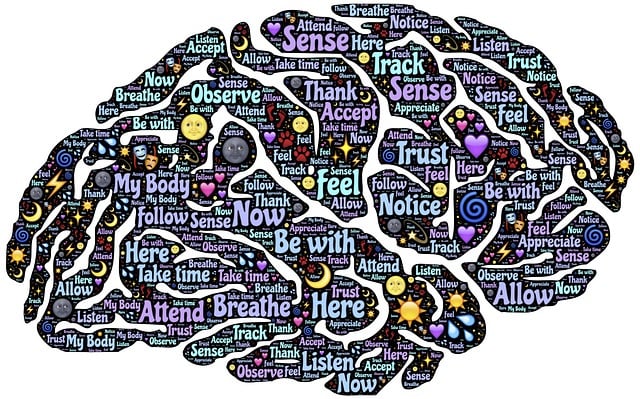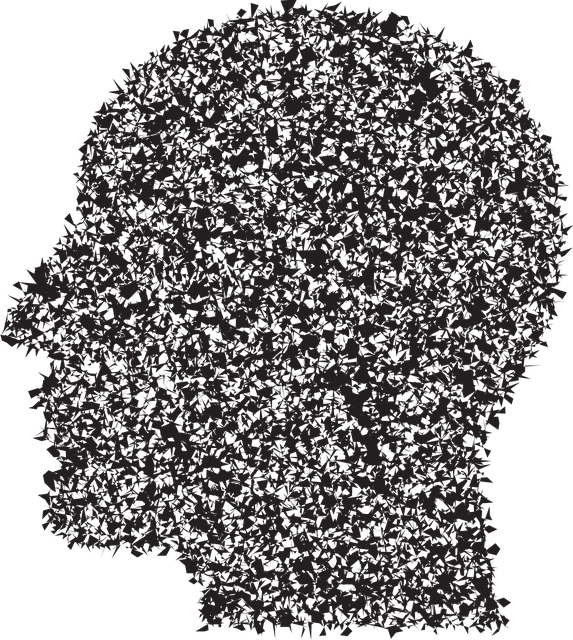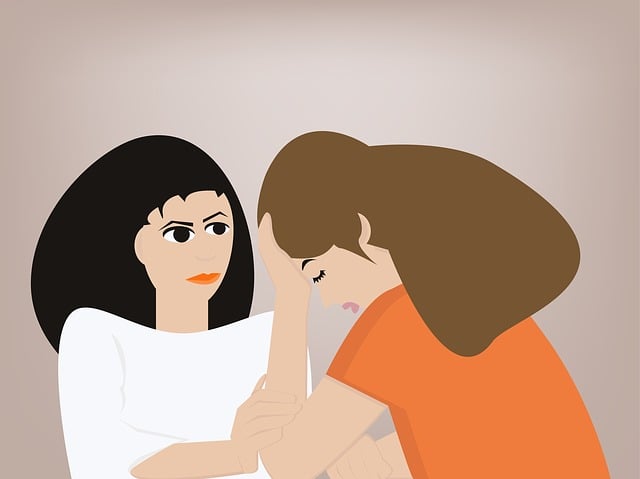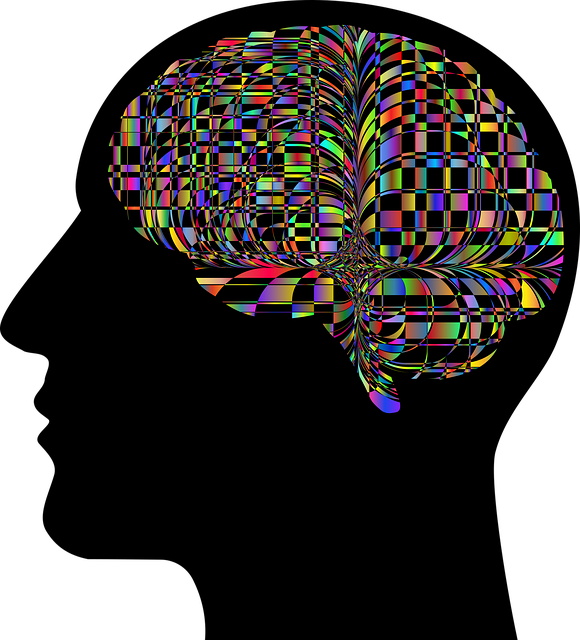Mood regulation is a critical aspect of holistic well-being across all age groups. For elders, tailored self-awareness exercises in therapy enhance quality of life. Adolescents and teens benefit from communication strategies and mental wellness coaching programs to manage emotions. Effective interventions include cognitive-behavioral therapy (CBT), interpersonal therapy (IPT), mindfulness, lifestyle changes, community support, and social skills training. Tailored therapy approaches based on age-specific challenges, such as CBT for elders and adolescent/teen support, are essential for optimal care.
In today’s fast-paced world, effective mood regulation strategies are vital for all ages. This comprehensive guide explores various approaches to managing emotional well-being, from evidence-based therapies proven successful across generations to lifestyle interventions that foster resilience. We delve into the unique challenges faced by elders, adolescents, and teens, offering insights on navigating mental health effectively. Discover how support systems and community engagement play a crucial role in enhancing emotional resilience, especially for vulnerable groups like seniors and young people (adolescents and teens), providing them with the tools to thrive.
- Understanding Mood Regulation: A Comprehensive Overview for All Ages
- Uncovering Unique Challenges: Mood Disorders in Elders, Adolescents, and Teens
- Evidence-Based Therapies: Effective Treatments Across Generations
- Lifestyle Interventions: Nurturing Emotional Well-being from Within
- Support Systems and Community Engagement: Building Resilience Through Connections
Understanding Mood Regulation: A Comprehensive Overview for All Ages

Understanding Mood Regulation is a crucial aspect of overall well-being, applicable to individuals across all age groups. For elders, maintaining emotional stability can be a significant factor in enhancing their quality of life, especially as they navigate the challenges that come with ageing. Therapy for elders can provide valuable tools for mood regulation, focusing on self-awareness exercises tailored to their unique experiences and needs.
Similarly, adolescent and teen moods are notorious for their volatility due to hormonal changes and rapid brain development. Effective communication strategies, coupled with mental wellness coaching programs, can empower this age group to understand and manage their emotions healthily. These strategies not only foster self-awareness but also encourage proactive approaches to emotional well-being, benefiting both short-term and long-term mental health.
Uncovering Unique Challenges: Mood Disorders in Elders, Adolescents, and Teens

Uncovering unique challenges lies at the heart of effective mood regulation strategies, especially when catering to distinct populations such as elders, adolescents, and teens. Each age group navigates their own set of circumstances, from the life transitions and pressures experienced by teens to the potential cognitive changes and social isolation that can affect elders. These variations necessitate tailored approaches in therapy for elders, adolescents, and teens alike.
The Mental Wellness Podcast Series Production highlights this need for customization in addressing mood disorders. Professionals involved in Risk Management Planning for Mental Health Professionals must recognize these differences to deliver optimal care. For instance, therapists working with adolescents may utilize engaging activities and peer support networks, while eldercare specialists might focus on cognitive-behavioral therapy adapted for age-related cognitive changes and social engagement opportunities.
Evidence-Based Therapies: Effective Treatments Across Generations

Evidence-Based Therapies have proven to be effective treatments for mood regulation across generations, catering to the diverse needs of elders, adolescents, and teens alike. For older adults, cognitive-behavioral therapy (CBT) has shown remarkable results in managing depression and anxiety by identifying and changing negative thought patterns and behaviors. This therapy encourages self-care practices like mindfulness and relaxation techniques, fostering positive thinking and reducing anxiety relief.
Similarly, for adolescents and teens, CBT is a well-established approach to address mood disorders. It teaches them coping strategies, enhances their problem-solving skills, and promotes healthy self-care habits. Beyond CBT, other evidence-based therapies such as interpersonal therapy (IPT) and mindfulness-based interventions have gained traction, offering tailored solutions for various age groups. These therapeutic methods not only help individuals manage their current mood issues but also equip them with lifelong tools to maintain emotional well-being.
Lifestyle Interventions: Nurturing Emotional Well-being from Within

Lifestyle interventions play a crucial role in mood regulation, especially for older adults, adolescents, and teens. Incorporating activities that foster emotional well-being can significantly impact mental health. Simple yet effective strategies like regular exercise, balanced nutrition, and sufficient sleep not only improve mood but also enhance overall quality of life. Engaging in physical activities releases endorphins, known as “feel-good” hormones, which can reduce stress and anxiety.
Additionally, practices such as mindfulness meditation have gained prominence in therapy for elders, adolescents, and teens, offering a powerful tool to manage emotions. Social Skills Training and Mental Illness Stigma Reduction Efforts also contribute to emotional well-being by improving social connections and reducing barriers to seeking help. These lifestyle changes are accessible and often more sustainable than traditional therapeutic interventions, making them valuable components in maintaining a positive mood.
Support Systems and Community Engagement: Building Resilience Through Connections

Having strong support systems and engaging with one’s community can significantly contribute to mood regulation, especially for adolescents, teens, and elderly individuals seeking therapy. Social connections offer a sense of belonging and purpose, which are essential for maintaining mental wellness. For elders, community involvement may involve joining senior centers or volunteer groups, where they can leverage their life experiences to foster new friendships and enhance their overall well-being. Similarly, young adults and teenagers can benefit from social skills training programs that teach effective communication strategies, helping them build resilience and navigate interpersonal relationships more smoothly.
Community engagement also provides opportunities for collective problem-solving and emotional support. The sense of camaraderie within a group can offer alternative coping mechanisms, encourage healthy behaviors, and reduce feelings of isolation. Furthermore, participating in community initiatives or mental wellness podcast series production can give individuals a platform to share their stories, learn from others’ experiences, and contribute to a broader understanding of mood regulation. This collective effort not only enhances social connections but also promotes open dialogue around mental health, fostering an environment where everyone feels supported and empowered.
Mood regulation is a multifaceted skill that can be nurtured and enhanced at any age. By understanding the unique challenges facing elders, adolescents, and teens, and employing evidence-based therapies alongside lifestyle interventions, we can significantly improve emotional well-being. Building supportive communities and engaging in meaningful connections are crucial components of fostering resilience. Whether through professional therapy for elders, adolescent, or teen mood disorders, or by adopting positive lifestyle changes, there are effective strategies available to navigate and regulate moods, ultimately leading to a more balanced and fulfilling life.














